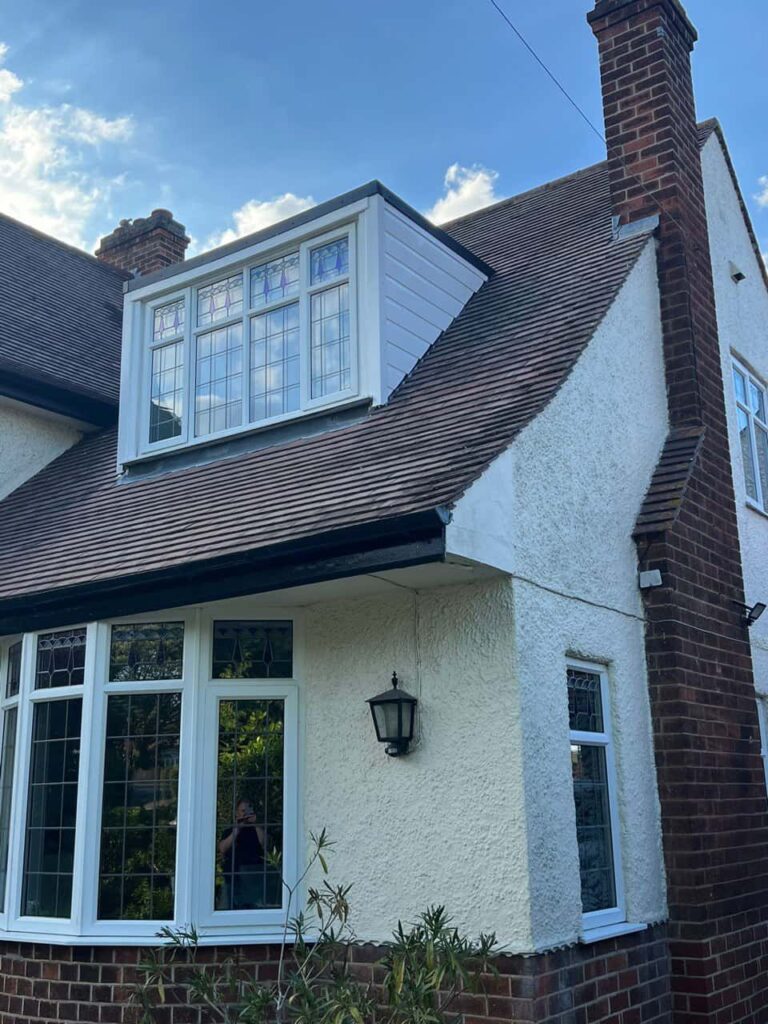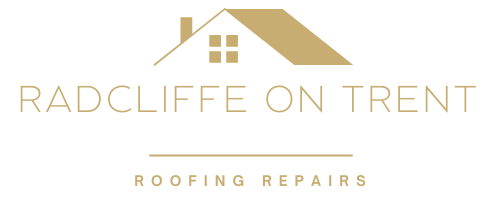Introduction: The roof is the first defence against the elements in commercial buildings. While many property owners focus on the structural integrity and waterproofing of the roof, the role of insulation is often overlooked. However, roof insulation is crucial in maintaining a comfortable indoor environment, improving energy efficiency, and reducing utility costs. In this guide, we’ll explore the importance of roof insulation in commercial buildings and highlight its numerous benefits for property owners and occupants alike.
Thermal Comfort:
- One of the primary benefits of roof insulation is its ability to enhance thermal comfort within commercial buildings. Insulation is a barrier against heat transfer, preventing heat from escaping during winter and entering the building during summer. By maintaining consistent indoor temperatures, roof insulation helps create a comfortable environment for building occupants, reducing the need for excessive heating or cooling and improving overall occupant satisfaction.
Energy Efficiency:
- Roof insulation plays a significant role in improving the energy efficiency of commercial buildings. By reducing heat loss and heat gain through the roof, insulation helps lower heating and cooling loads, reducing energy consumption and lowering utility bills. Additionally, improved energy efficiency can help commercial building owners qualify for energy efficiency incentives, rebates, and tax credits, providing potential cost savings and return on investment.
Moisture Control:
- In addition to thermal benefits, roof insulation helps control commercial buildings’ moisture levels. Properly installed insulation is a barrier against moisture infiltration, preventing condensation and moisture buildup within the roof assembly. By reducing the risk of moisture-related issues such as mould growth, rot, and structural damage, insulation helps protect the integrity of the roof system and prolong its lifespan.
Noise Reduction:
- Roof insulation can also provide acoustic benefits by reducing noise transmission from the exterior environment into the interior spaces of the building. Insulation materials with sound-absorbing properties help dampen noise vibrations, resulting in a quieter and more peaceful indoor environment. This benefits commercial buildings in noisy urban areas or near busy roads, airports, or industrial facilities.
Environmental Impact:
- Investing in roof insulation can have positive environmental impacts by reducing greenhouse gas emissions associated with heating and cooling energy consumption. By improving energy efficiency and reducing reliance on fossil fuels, roof insulation helps lower carbon emissions and mitigate climate change. Additionally, insulation materials made from recycled or sustainable materials further contribute to environmental sustainability and resource conservation.
Conclusion: Roof insulation is a critical component of commercial building construction and renovation, offering numerous benefits for property owners, occupants, and the environment. From enhancing thermal comfort and energy efficiency to controlling moisture, reducing noise, and minimising environmental impact, insulation is vital in creating a comfortable, sustainable, cost-effective building environment. Property owners should prioritise proper insulation installation and maintenance as part of their roof management strategy to maximise the benefits of roof insulation and ensure their commercial buildings’ long-term performance and durability. With effective roof insulation, commercial buildings can provide occupants with a comfortable and efficient workspace while minimising energy costs and environmental footprint.
Call us on: 0115 647 1193
Click here to find out more about Radcliffe on Trent Roofing Repairs
Click here to complete our contact form and see how we can help with your roofing needs.

